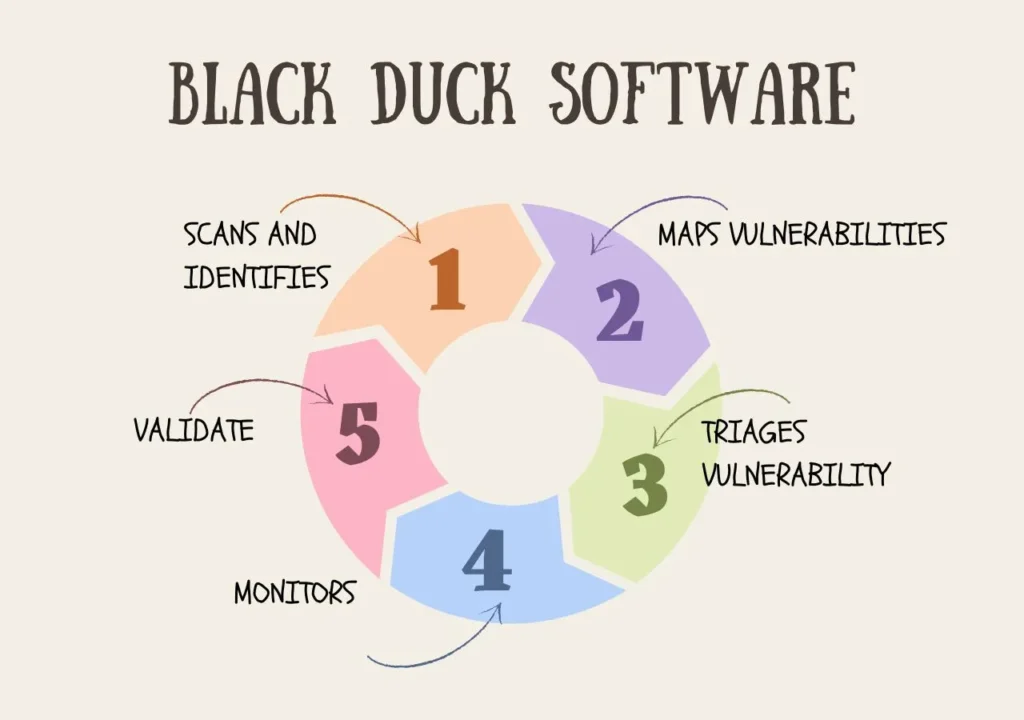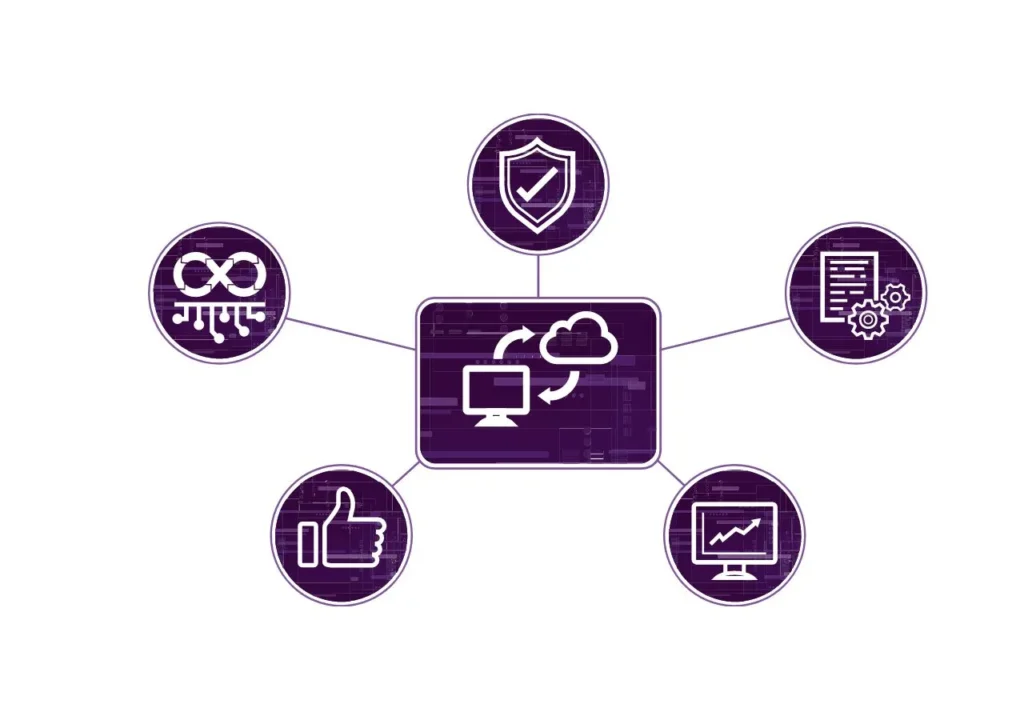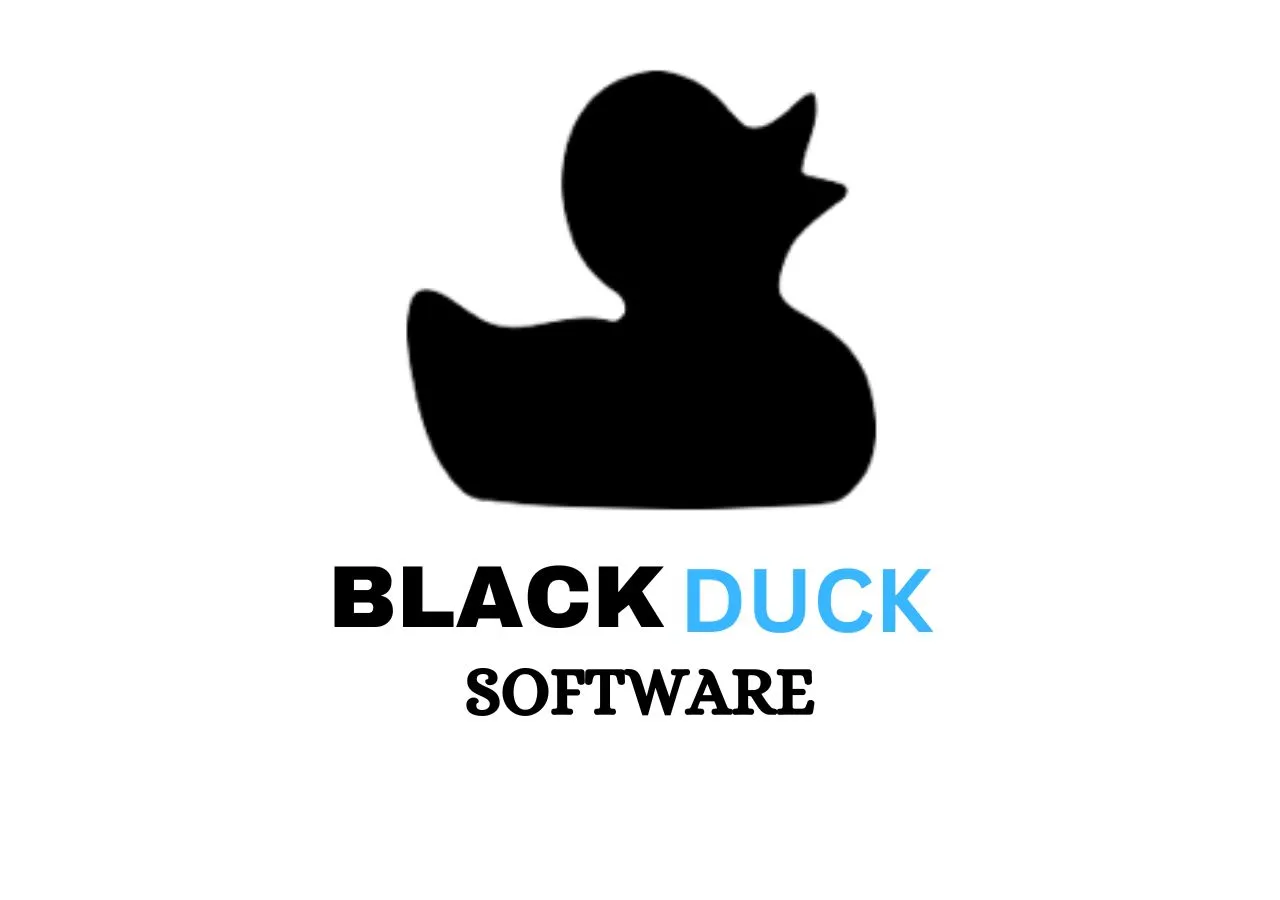Black Duck Software, a product of Synopsys, is a comprehensive solution designed to manage, secure, and automate the use of open source software (OSS) within enterprises. As businesses increasingly rely on open source software to drive innovation and reduce costs, the need for effective management and security tools has become necessary. Black Duck Software addresses these needs by providing a robust platform that ensures compliance, mitigates security risks, and enhances the overall quality of software development processes.
Founding and Evolution of Black Duck Software:
Black Duck Software was founded in 2002 by Douglas Levin, a veteran of the software industry with a vision to address the emerging challenges of open-source software management. The company was established in Waltham, Massachusetts, with the primary goal of providing solutions that would help organizations manage the risks and maximize the benefits of using open-source components in their software development processes.
From its inception, Black Duck Software focused on creating tools and technologies that could identify, track, and manage open-source software, ensuring compliance with licensing requirements and mitigating security vulnerabilities. Over the years, the company expanded its offerings and capabilities, becoming a market leader in the field of open-source software management.
The Need for Open Source Management
The rapid pace of software development has led to an increased reliance on open-source components. According to industry reports, over 30% of the code in most organizations is open source. Despite this heavy reliance, a staggering 98% of companies are unaware of the full extent of the open source code they use. This lack of visibility can expose organizations to significant risks, including security vulnerabilities, licensing non-compliance, and poor component quality.
Each year, thousands of open-source vulnerabilities are reported, posing a threat to the security and integrity of software applications. Black Duck’s On-Demand audits have revealed that 67% of applications contain open-source vulnerabilities, with 40% of these vulnerabilities classified as high severity. These statistics underscore the critical need for a comprehensive solution to manage and mitigate open source-related risks.
Black Duck: A Complete Open Source Management Solution
Black Duck offers a complete open source management solution that enables organizations to fully discover all open source components in their code. By integrating seamlessly into the DevOps environment, Black Duck helps security and development teams identify and mitigate open source risks across their application portfolios. Here are the key features and benefits of Black Duck:

1. Comprehensive Scanning and Identification
Black Duck performs thorough scans of your codebase to identify all embedded open source components. This comprehensive discovery process ensures that no component goes unnoticed, providing a complete inventory of the open source software in use. By mapping these components to known vulnerabilities, Black Duck enables organizations to gain critical insights into their risk landscape.
2. Vulnerability Mapping and Triaging
One of the standout features of Black Duck is its ability to automatically map identified open source components to known vulnerabilities. This automated process saves time and effort for security teams, allowing them to focus on remediation rather than manual vulnerability tracking. Black Duck also triages vulnerability results, prioritizing them based on severity and potential impact. This prioritization helps organizations allocate resources effectively and address the most critical vulnerabilities first.
Also Read: A Complete Guide of What is Testing in ZillExit Software?
3. Continuous Monitoring and Alerts
The security landscape is constantly evolving, with new vulnerabilities being disclosed regularly. Black Duck continuously monitors for newly reported vulnerabilities, ensuring that organizations are always up-to-date with the latest threat information. When new vulnerabilities are discovered, Black Duck sends alerts, enabling rapid response and mitigation. This proactive approach helps organizations stay ahead of potential threats and minimize their risk exposure.
4. License and Component Quality Risk Management
In addition to security risks, open source components also pose licensing and quality risks. Black Duck identifies and manages these risks by providing insights into the licenses associated with each open source component. This helps organizations ensure compliance with licensing requirements and avoid potential legal issues. Furthermore, Black Duck assesses the quality of open source components, highlighting any that may pose performance or stability issues. By addressing these risks, organizations can maintain the integrity and reliability of their software applications.
5. Policy Enforcement and Integration with DevOps
Black Duck enables organizations to set and enforce open source policies, ensuring that all open source usage aligns with company standards and regulatory requirements. These policies can be tailored to address specific security, licensing, and quality concerns. By integrating open source management into the DevOps environment, Black Duck ensures that security and compliance are built into the development process from the outset. This seamless integration promotes a culture of security and compliance across the organization, reducing the likelihood of vulnerabilities slipping through the cracks.
6. Remediation Tracking and Management
Identifying vulnerabilities is only the first step; effective remediation is crucial to mitigating risks. Black Duck tracks the remediation efforts, providing a clear view of the progress made in addressing identified vulnerabilities. This tracking capability ensures accountability and transparency, allowing organizations to measure the effectiveness of their vulnerability management efforts. By prioritizing remediation based on risk, Black Duck helps organizations allocate resources efficiently and resolve critical issues promptly.
Benefits of Using Black Duck Software

Image Source: Synopsys
1. Enhanced Security
One of the most significant benefits of Black Duck Software is enhanced security. By continuously monitoring for vulnerabilities and providing actionable insights, the platform helps organizations to proactively address security risks. This not only protects sensitive data and intellectual property but also helps in maintaining customer trust and compliance with regulatory requirements.
2. Legal and License Compliance
Managing open source licenses can be complex and time-consuming. Black Duck Software simplifies this process by automating license identification and compliance management. This reduces the risk of legal issues and ensures that the organization adheres to the terms and conditions of open source licenses.
3. Improved Code Quality
Black Duck’s code analysis features help in identifying and addressing code quality issues early in the development process. This leads to more reliable and maintainable software, reducing the likelihood of bugs and performance issues in production.
4. Operational Efficiency
By automating many aspects of open source management, Black Duck Software enhances operational efficiency. Developers can focus more on innovation and development rather than spending time on manual compliance and security checks. Additionally, the integration with development tools and CI pipelines ensures that open source management is seamlessly embedded into existing workflows.
5. Strategic Open Source Usage
Black Duck Software’s governance capabilities enable organizations to use open source strategically. By establishing and enforcing policies, organizations ensure that open source components align with corporate goals and risk tolerance. This leads to more strategic and responsible use of open source software.
Real-World Applications and Case Studies
Case Study 1: OpenText
OpenText, a leading enterprise information management company, integrated Black Duck into their systems to manage and secure open source components across their organization. This implementation helped OpenText streamline its open source software usage, ensuring compliance and mitigating security risks. By leveraging Black Duck’s comprehensive scanning and reporting capabilities, OpenText was able to maintain high standards of security and compliance across its software portfolio.
Case Study 2: Entersekt
Entersekt, a global leader in digital security, adopted Black Duck to enhance their open-source vulnerability management. Black Duck provided Entersekt with a robust solution for identifying and mitigating vulnerabilities in open source components. Ensuring that their software products remained secure and compliant. The platform’s real-time alerts and detailed vulnerability analysis helped Entersekt improve its security posture and reduce the risk of cyber threats.
Conclusion
In an era where open source software is ubiquitous, effective management of open source components is critical to ensuring the security, compliance, and quality of software applications. Black Duck provides a comprehensive solution that addresses these challenges head-on, offering complete visibility, automated vulnerability mapping, continuous monitoring, and policy enforcement. By integrating seamlessly into the DevOps environment, Black Duck empowers organizations to manage open source risks proactively and efficiently.
The statistics are clear without proper management, open source components can expose organizations to significant risks. With Black Duck, organizations can gain the insights and tools they need to mitigate these risks, enhance their security posture, and maintain compliance with licensing requirements. In doing so, they can leverage the full potential of open source software while safeguarding their systems, data, and customers.
By adopting Black Duck, organizations can turn open source management from a daunting challenge into a strategic advantage. Enabling them to innovate with confidence and build secure, reliable, and compliant software applications.

